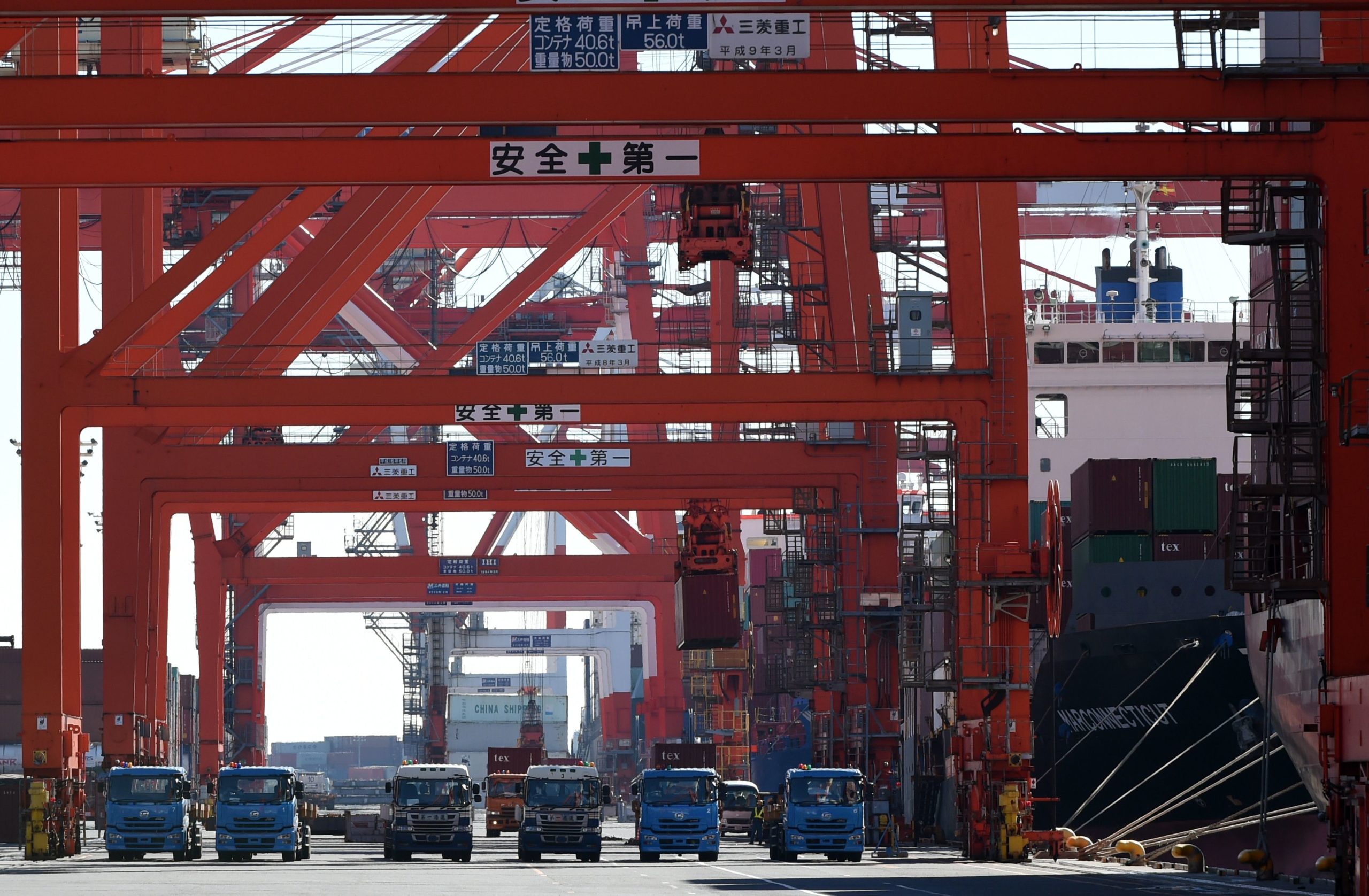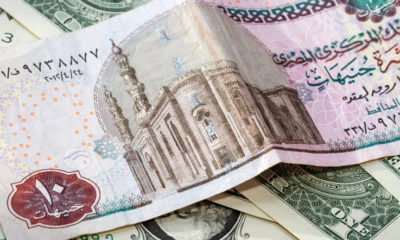- Egypt Worries Over Low Trade Volume With Nigeria
Egyptian ambassador-designate to Nigeria, Mr Assem Hanafi, has expressed concern over the low trade volume between his country and Nigeria, stressing the need to aggressively improve the situation.
Hanafi said this on Monday in Abuja when he paid a courtesy visit on the President of Abuja Chamber of Commerce and Industry, Mr Tony Ejinkeoyen
The envoy, who expressed his country’s willingness to increase the volume and value of trade with Nigeria, said there was the need to explore huge potentials in both countries.
He said, “My target is to see ways and means to boost trade and investment between Nigeria and Egypt, two biggest countries in Africa with huge potentials and population.
“The volume of trade between Nigeria and Egypt is not very big and this is another sad story of intra-African trade relations. That is why I am here to promote our trade relations.
“The intra-African trade only constitutes 15 percent of the overall African trade with outside.
“So we are eager to multiply the current volume which approximately is $100m plus, it is not something really reflecting the potentials of the markets of both countries.”
He attributed the problem of low trade volume between the two countries to the culture and tradition of African countries not importing from within Africa but from Europe and America.
He said, “So we need to see the comparative advantage which African countries can offer to one another and fill this gap.
“Once we succeed I think it will encourage other countries to follow suit though it may take time; we have a long way to go but it will yield the desired fruits.”
The envoy said Nigeria and Egypt had excellent political relations, sports, culture but the segment that needed further strengthening was the economic relations.
Hanafi stressed the need to reflect the strength and potentials of both countries and see which export could be of help to both countries markets.
“The next thing is to see investors from both countries to have opportunities to invest and increase their investment in both countries; I am sure it will be a rewarding venture,” he said.
According to him, there is also need to encourage companies of both countries to do business together and to see which part could be developed further.
Hanafi, who said Egyptian companies were thriving in Nigeria especially in infrastructure development, said Egypt was considering further investment in power, pharmaceutical, and engineering sectors
He said Egypt was also considering exportation of light vehicles, medical supplies, manufacturing products to Nigeria.
The envoy said there was market for Nigerian products such as ginger, sugarcane and other agricultural products
The President Abuja Chamber of Commerce and Industry, Mr Tony Ejinkeonye, said the chamber was looking at how to increase economic activities between the two countries.
He said, “Egypt and Nigeria are two economic giants in Africa; so we believe that if the two countries work together they can leverage on their enormous potentials to grow the economy.
“Egypt is a powerhouse in Africa so also Nigeria. We look at the trade volume and how to increase it as well as boosting the economic relations.
“What we just arrived at is to engage more, possibly in trade missions between the two countries.
“We have also invited them to our September trade fair; they also invited us to theirs which is aiming at strengthening the Small and Medium Enterprises of both countries.”
According to him, most economies in the world are strengthened by the SMEs, so the same thing with Nigeria and Egypt.
“And when you talk about strengthening economic ties, it also involves the development of SMEs,” he said.

 Billionaire Watch2 weeks ago
Billionaire Watch2 weeks ago
 Startups4 weeks ago
Startups4 weeks ago
 News4 weeks ago
News4 weeks ago
 News4 weeks ago
News4 weeks ago
 Bitcoin4 weeks ago
Bitcoin4 weeks ago
 Naira4 weeks ago
Naira4 weeks ago
 Forex3 weeks ago
Forex3 weeks ago
 Treasury Bills4 weeks ago
Treasury Bills4 weeks ago

























